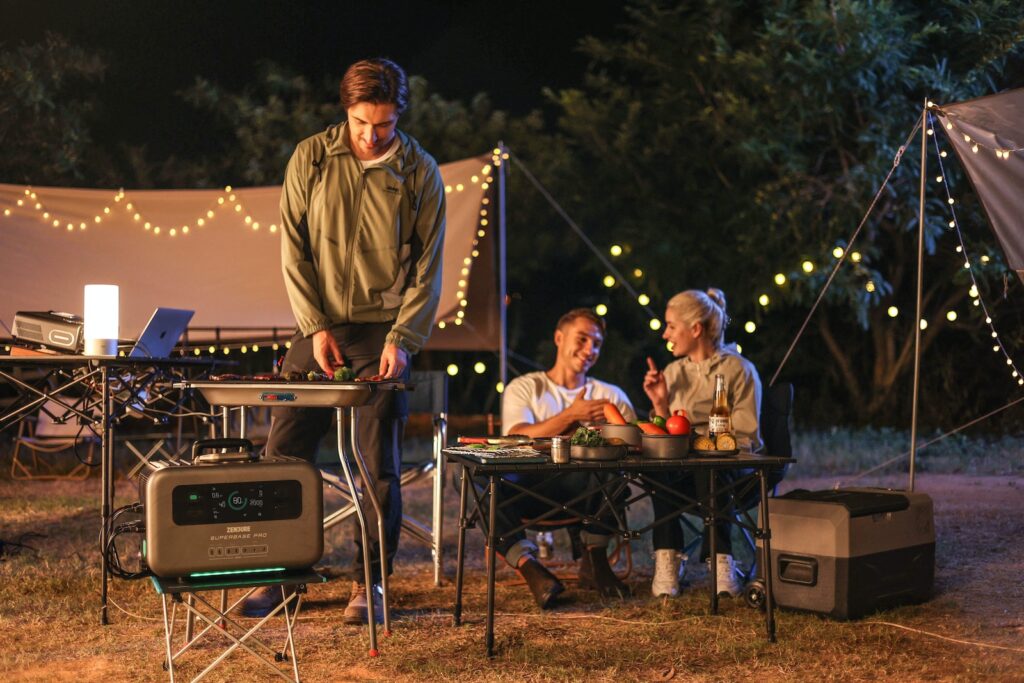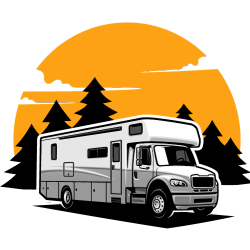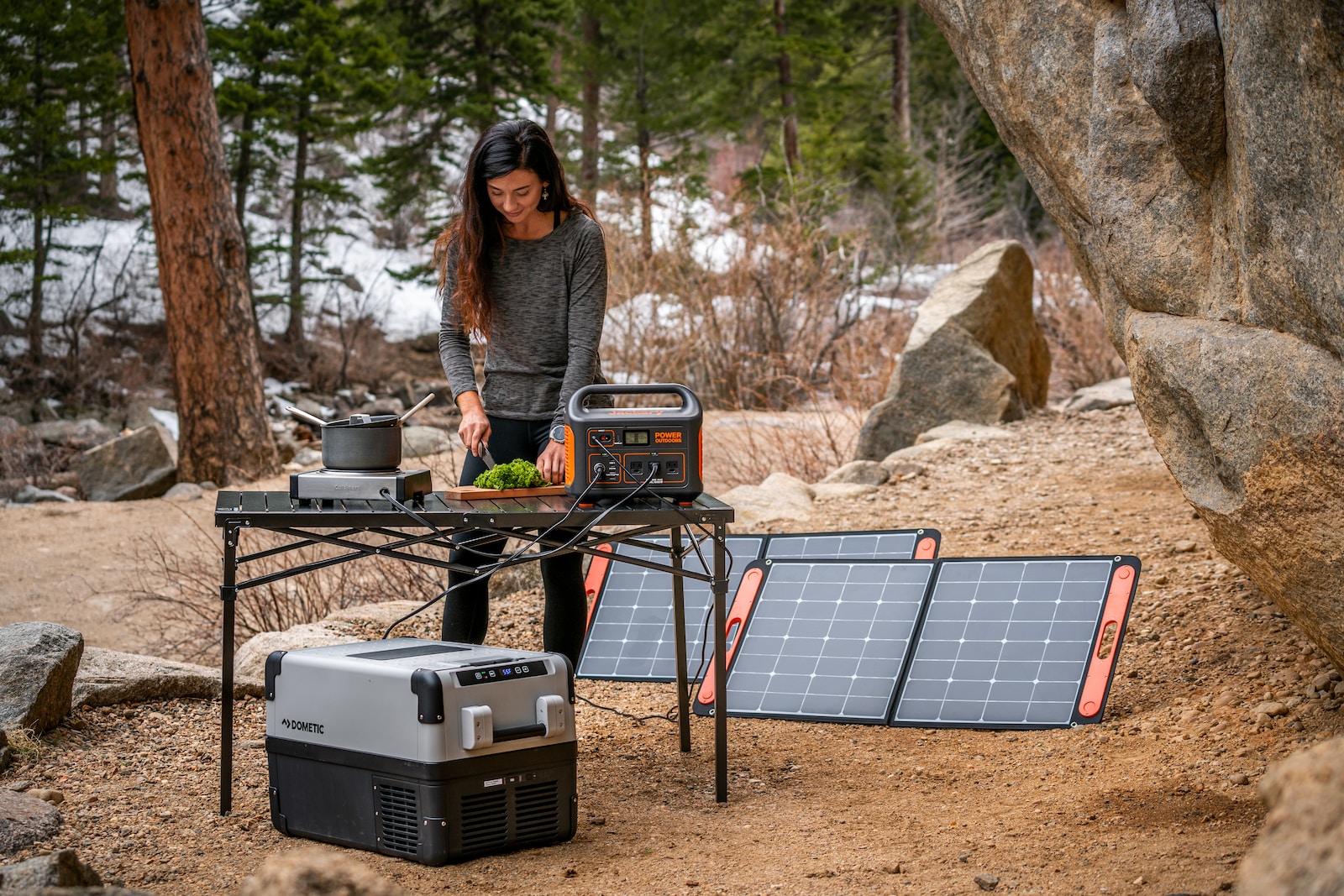If you’re a new RV owner seeking guidance on maintaining and troubleshooting your RV generator, look no further! This article provides valuable insights and tips to help you keep your generator running smoothly. We understand that purchasing and maintaining an RV can be overwhelming, especially for beginners. That’s why we’ve compiled key information to assist you in maximizing the performance of your RV generator. Whether it’s routine maintenance or resolving common issues, you’ll find practical advice to keep your generator in top shape for all your road trips and adventures.
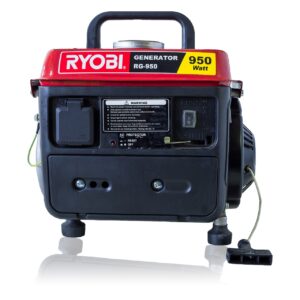
Understanding Your RV Generator
Your RV generator is a crucial component of your recreational vehicle, providing power to operate appliances, lights, and other electrical systems while you’re away from traditional power sources. It’s important to understand the different types and components of your RV generator to properly maintain and troubleshoot it.
Types of RV Generators
There are two main types of RV generators: portable and built-in.
Portable RV generators are versatile and can be used in a variety of settings. They are typically smaller and lighter, making them easier to transport. Portable generators usually run on gasoline, propane, or diesel fuel and can provide power for a limited period of time.
Built-in or onboard RV generators, on the other hand, are permanently installed in your RV. They are often larger and more powerful than portable generators. Built-in generators are commonly powered by gasoline or diesel fuel and can provide continuous power as long as the fuel supply lasts.
Components of an RV Generator
To better understand how your RV generator works, let’s take a closer look at its components:
- Engine: The engine is the heart of the generator and is responsible for converting fuel into mechanical energy.
- Alternator: The alternator is connected to the engine and converts mechanical energy into electrical energy.
- Fuel System: The fuel system includes the fuel tank, fuel lines, and fuel pump. It delivers the necessary fuel to the engine for combustion.
- Cooling System: To prevent overheating, RV generators are equipped with a cooling system comprising a radiator and coolant.
- Exhaust System: The exhaust system directs the emission of combustion gases away from the generator and the RV.
- Control Panel: The control panel allows you to start, stop, and monitor the generator’s performance. It typically includes switches, gauges, and indicators.
- Battery: The battery provides power to start the generator, and it may also be used to store energy for later use.
- Wiring and Circuit Breakers: These components distribute electrical power from the generator to various appliances and devices in your RV. Circuit breakers protect against an overload or short circuit.
Maintenance Tips for Your RV Generator
To ensure your RV generator operates reliably and efficiently, regular maintenance is key. Here are some essential maintenance tips to keep in mind:
Regular Inspection and Cleaning
Performing regular inspections of your RV generator allows you to catch any potential issues before they become major problems. Inspect the generator for loose connections, damaged wires, or any signs of wear and tear. Additionally, keep the generator area clean and free from debris to prevent airflow obstruction.
Fluid and Filter Changes
Regular fluid and filter changes are essential for maintaining the performance and longevity of your RV generator. Check the oil level and change it according to the manufacturer’s recommendations. Replace the fuel filter regularly to prevent fuel contamination and ensure proper fuel flow.
Battery Maintenance
Proper battery maintenance is crucial for reliable generator starting. Clean the battery terminals and ensure they are securely connected. Regularly inspect the battery for signs of corrosion and replace it if necessary.
Exercising the Generator
Regularly exercising your RV generator helps keep it in good working condition. Start the generator and let it run for at least 30 minutes under a moderate load. This helps prevent fuel degradation, lubricates internal components, and keeps the electrical system functioning properly.
Testing and Replacing Spark Plugs
Spark plugs play a vital role in the combustion process of your RV generator. Inspect the spark plugs and replace them as needed. This ensures optimal fuel ignition and prevents issues like rough running or difficulty starting.
Common RV Generator Problems
While regular maintenance goes a long way in preventing issues, sometimes problems can still arise with your RV generator. Here are some common problems you may encounter:
Generator Won’t Start
One of the most frustrating issues is when your RV generator refuses to start. This could be due to a variety of reasons such as a dead battery, fuel supply problems, or a faulty ignition switch. Troubleshooting steps can help identify the root cause and resolve the issue.
Generator Runs but No Power
If your generator is running, but you’re not getting any power output, there may be an issue with the alternator, voltage regulator, or circuit breakers. It’s essential to check these components and ensure they are functioning properly.
Generator Overheating
An overheating generator can be caused by a lack of airflow, coolant leaks, or a malfunctioning cooling system. It’s important to address this issue promptly to prevent further damage to the generator.
Generator Runs Roughly
A generator that runs roughly or produces uneven power can be a sign of fuel or ignition system problems. Inspecting and cleaning the fuel system, spark plugs, and filters can help resolve this issue.
Generator Shuts Off Unexpectedly
If your RV generator shuts off unexpectedly, it could be due to issues such as low fuel, a clogged fuel line, or an overheating engine. Identifying and addressing the underlying cause is necessary to prevent repeated shutdowns.
Troubleshooting Steps for RV Generator Problems
When faced with RV generator problems, it’s helpful to follow a systematic approach to troubleshooting. Here are some steps you can take to identify and resolve common issues:
Checking Fuel Level and Supply
Ensure that your generator has an adequate fuel supply. Check the fuel level and ensure the fuel lines are clear of any obstructions or leaks. If using a portable generator, make sure the fuel selection switch is set correctly.
Verifying Battery Charge
Make sure the battery is sufficiently charged. Check the battery connections and clean any corrosion. If the battery is old or not holding a charge, it may need to be replaced.
Inspecting Spark Plugs
Remove and inspect the spark plugs for signs of wear or fouling. Clean or replace them as needed. Properly gapped and clean spark plugs ensure efficient combustion.
Examining Air and Fuel Filters
Inspect the air and fuel filters for dirt, debris, or signs of damage. Clean or replace them according to the manufacturer’s recommendations. Clogged filters can restrict airflow and fuel supply, leading to performance issues.
Investigating Cooling System
Check the coolant levels and inspect for any leaks in the cooling system. Ensure the radiator and fan are functioning properly. Overheating can cause engine damage, so it’s crucial to address any cooling system issues promptly.
Assessing Electrical Connections
Inspect the wiring and electrical connections, ensuring they are secure and free from damage. Loose or damaged connections can lead to intermittent power issues. Tighten or repair connections as necessary.
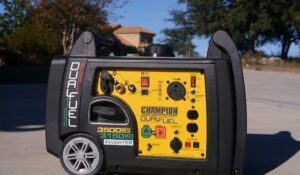
Finding Professional Help for RV Generator Issues
While you can tackle many RV generator maintenance and troubleshooting tasks yourself, there may be times when it’s best to seek professional help. Here are a couple of options for finding the right assistance:
Contacting a Certified RV Technician
If you’re unable to resolve the issue on your own or if you’re not comfortable working on the generator yourself, contacting a certified RV technician is a wise choice. These professionals have the knowledge and experience to diagnose and repair complex generator problems.
Utilizing Manufacturer Support Resources
Many RV generator manufacturers offer valuable resources and support to help RV owners with maintenance and troubleshooting. Check the manufacturer’s website for manuals, troubleshooting guides, and customer support contact information.
Preparing for Generator Maintenance and Repairs
Proper preparation is essential when performing maintenance or repairs on your RV generator. Here are a few considerations to keep in mind:
Understanding Generator Usage Hours
Check the manufacturer’s recommendations for maintenance intervals based on usage hours. Keeping track of your generator’s usage and adhering to the maintenance schedule will help keep it running smoothly.
Gathering Required Tools and Equipment
Before starting any maintenance or repairs, gather the necessary tools and equipment. This may include wrenches, screwdrivers, oil, filters, and testing devices.
Finding Replacement Parts and Fluids
If you anticipate needing replacement parts or fluids, ensure they are readily available before starting any work on your RV generator. This helps minimize downtime and ensures you have everything you need to complete the maintenance or repair tasks. Amazon carries many portable generator parts that are priced higher at other places.
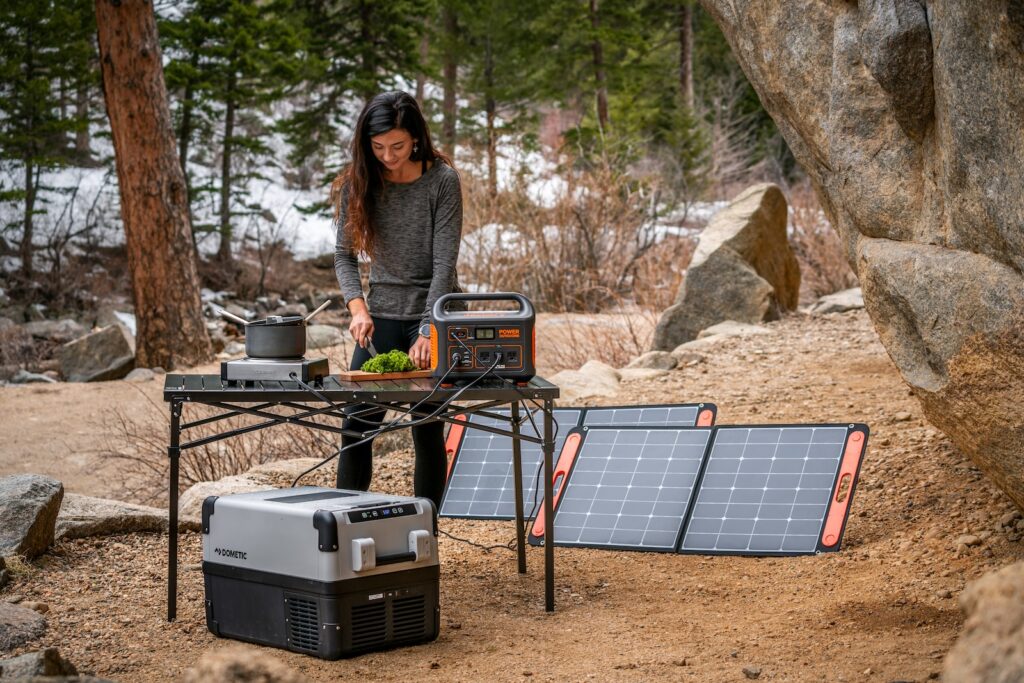
Safety Precautions for RV Generator Maintenance
When working with your RV generator, it’s crucial to prioritize safety. Here are some important safety precautions to follow:
Turn Off the Generator
Always turn off the generator before performing any maintenance or repair tasks. This prevents accidental starts and reduces the risk of electrical shock.
Disconnect from Power Sources
Disconnect your RV from any external power sources before working on the generator. This ensures your safety by preventing any potential backfeeding of electricity.
Allow Sufficient Cooling Time
Wait for the generator to cool down before performing maintenance tasks that involve touching or working near hot components. Hot surfaces can cause burns, so exercise caution and allow sufficient cooling time.
Beware of Hot Surfaces
Even after cooling, some surfaces may still be hot. Be mindful of hot components and avoid touching them directly to prevent burns or injuries.
Wear Protective Gear
When working on your RV generator, wear appropriate protective gear such as gloves, safety glasses, and closed-toe shoes. This protects you from potential injury and ensures your safety throughout the process.
Use Caution with Fuel
When handling fuel, exercise caution to prevent spills or contact with open flames or sparks. Follow proper fueling procedures and only use approved containers for storing and transporting fuel.
Best Practices for Extending RV Generator Lifespan
To maximize the lifespan of your RV generator, consider following these best practices:
Regularly Exercising the Generator
Regularly exercising your generator helps keep it in optimal condition. Running the generator with a moderate load for at least 30 minutes every month helps prevent fuel deposits, lubricates internal parts, and keeps the electrical system functioning properly.
Keeping the Generator Area Clean and Free from Debris
Regularly clean the generator area to prevent the buildup of dust, dirt, or debris. Clear any obstructions that could restrict airflow, ensuring proper cooling and performance.
Using Fuel Stabilizer
If your RV generator will be in storage for an extended period, add a fuel stabilizer to the fuel tank. This helps prevent fuel degradation and keeps the fuel system clean. Click here to see our recommendations on fuel stabilizers.
Managing Generator Load
Avoid overloading your generator by carefully managing the power demands placed on it. Understanding the wattage requirements of your appliances and devices can help prevent excessive strain on the generator.
Regular Oil Changes
Regularly change the oil in your RV generator according to the manufacturer’s recommendations. Clean oil helps lubricate and protect the engine, ensuring smooth operation and longevity.
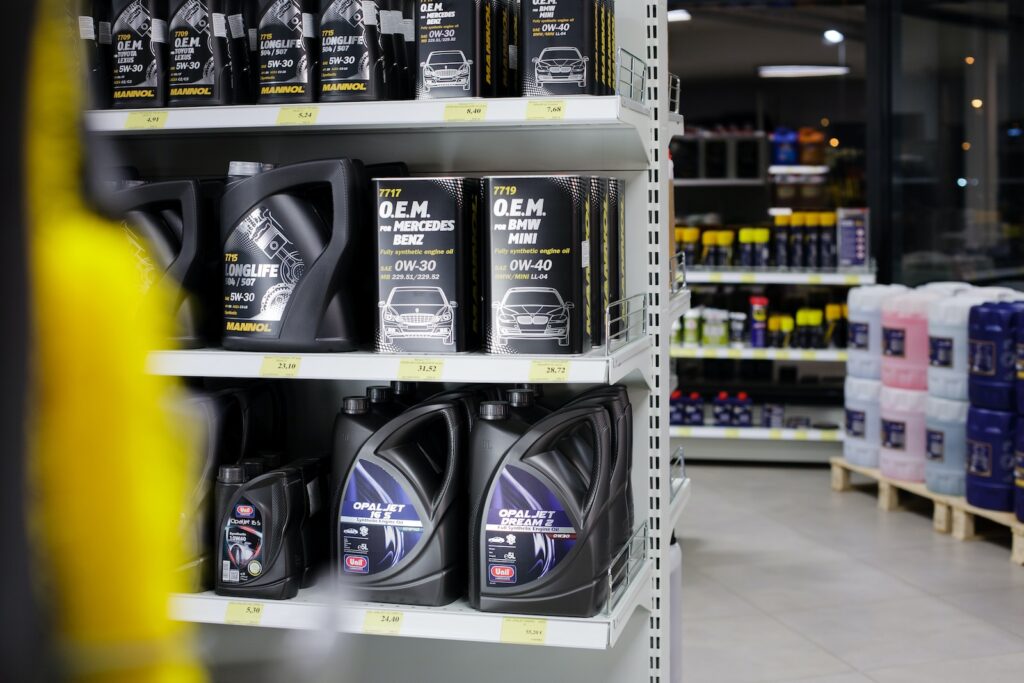
Important Dos and Don’ts for RV Generator Maintenance
To ensure you’re properly maintaining your RV generator, keep these dos and don’ts in mind:
Do Regular Inspections and Maintenance
Regularly inspect and perform maintenance tasks on your RV generator to catch any potential issues early and keep it running smoothly.
Do Store Fuel Properly
Follow proper fuel storage guidelines, ensuring fuel is stored in approved containers and kept in a cool, ventilated area away from open flames or sparks.
Do Keep Generator Exhaust Clear
Ensure the generator exhaust is clear of obstructions. Blocked exhaust can cause engine damage or create a dangerous build-up of carbon monoxide.
Don’t Overload the Generator
Avoid overloading the generator by exceeding its wattage capacity. Refer to the manufacturer’s specifications for guidance on what your RV generator can handle.
Don’t Ignore Unusual Noises or Vibrations
If you notice any unusual noises or vibrations coming from your RV generator, don’t ignore them. Address these signs promptly to prevent further damage or more significant issues.
Conclusion
Understanding and maintaining your RV generator is crucial for a smooth and enjoyable camping experience. By following the maintenance tips, troubleshooting steps, and safety precautions outlined in this article, you can ensure your RV generator operates reliably and extends its lifespan. Remember to contact professional help when needed and always prioritize safety while working with your RV generator. Happy camping!
